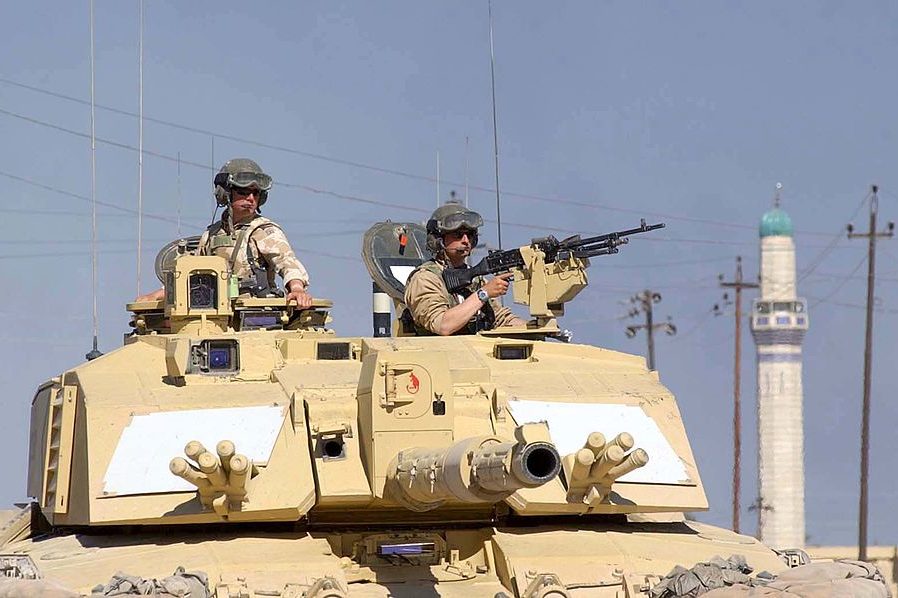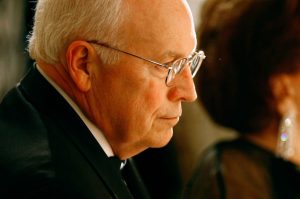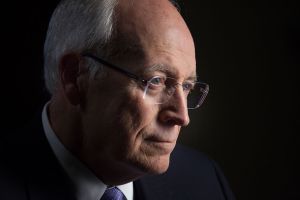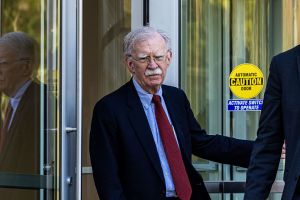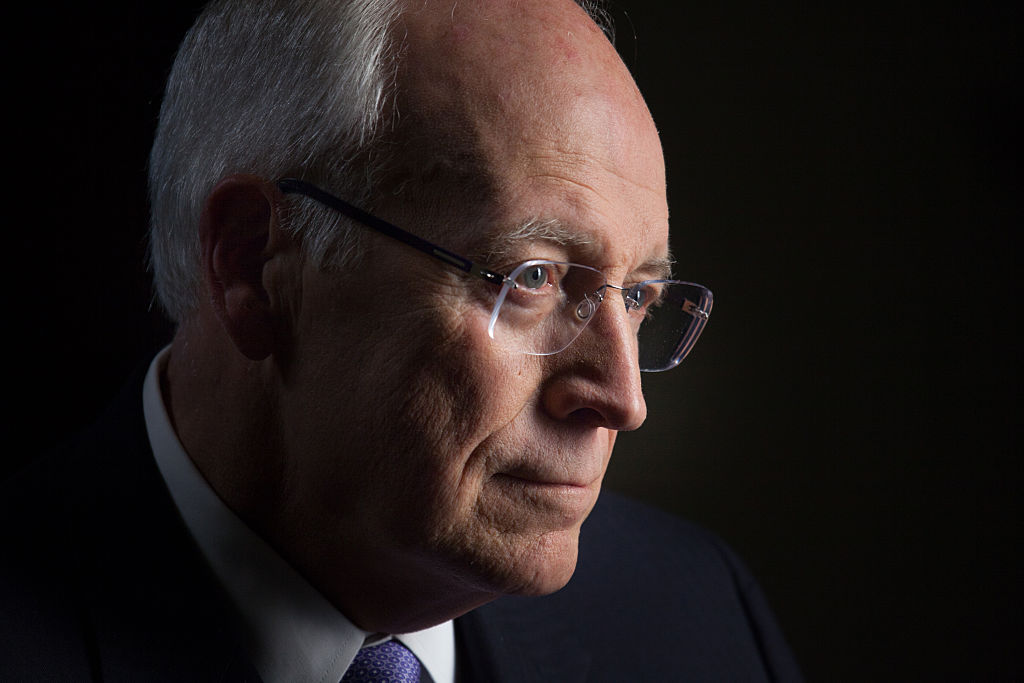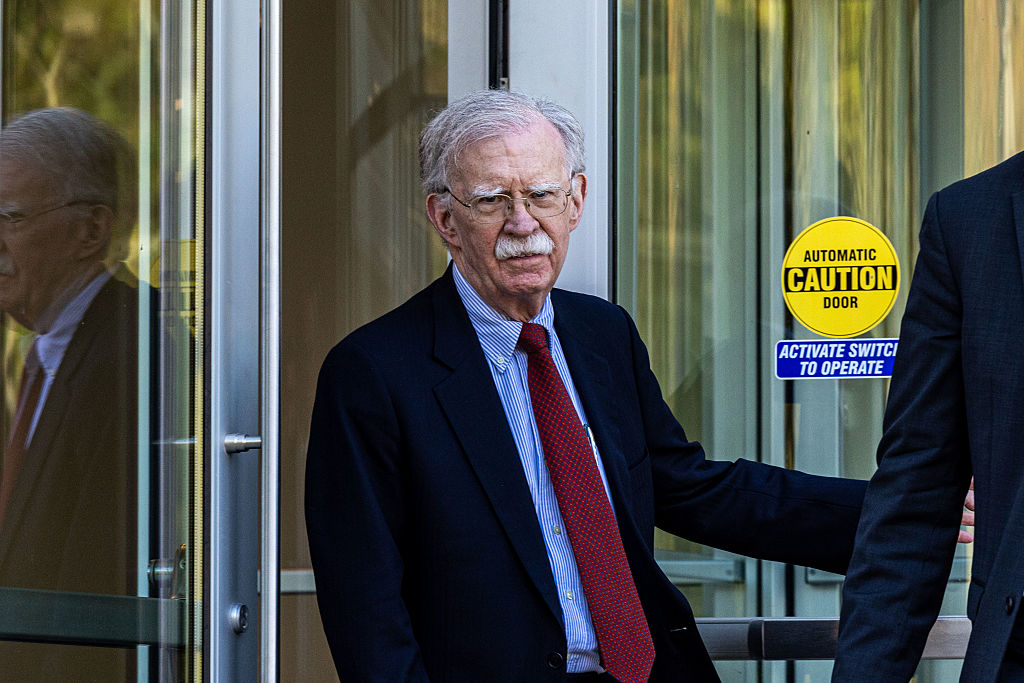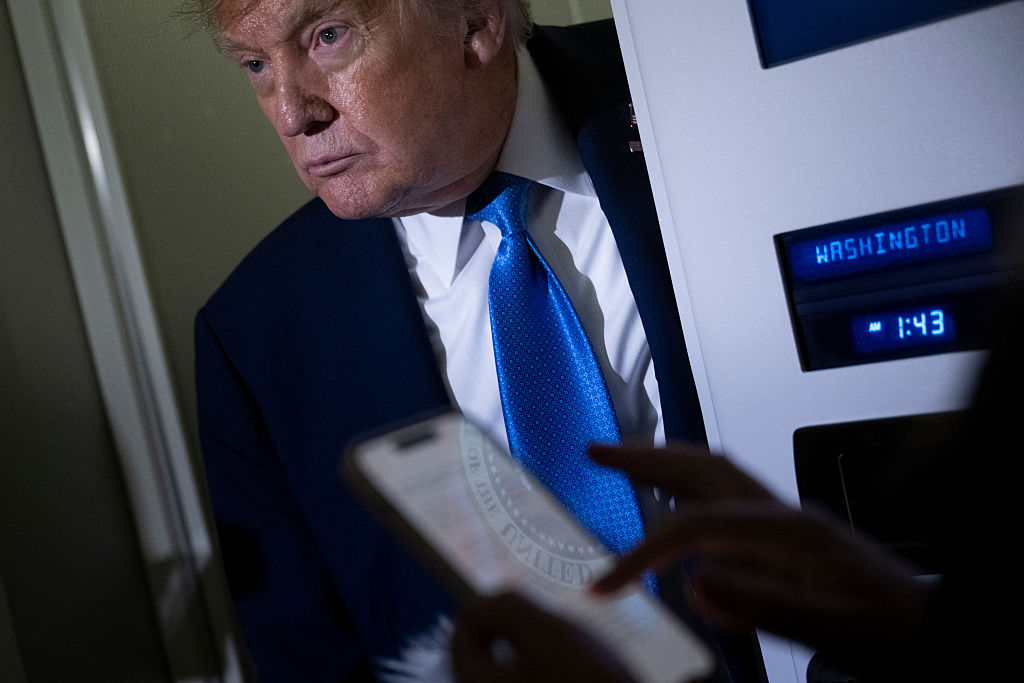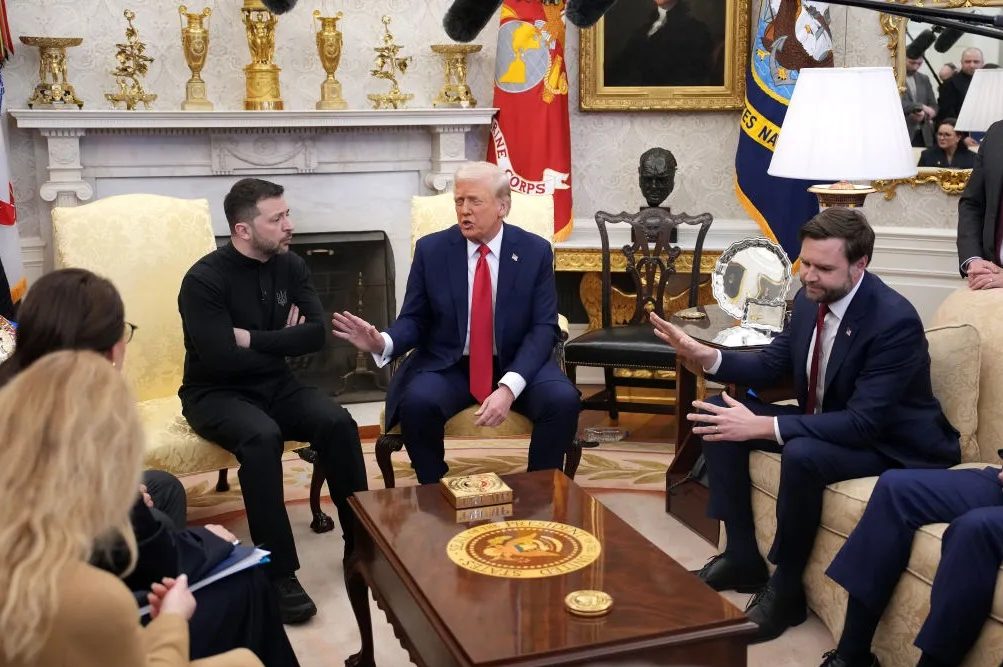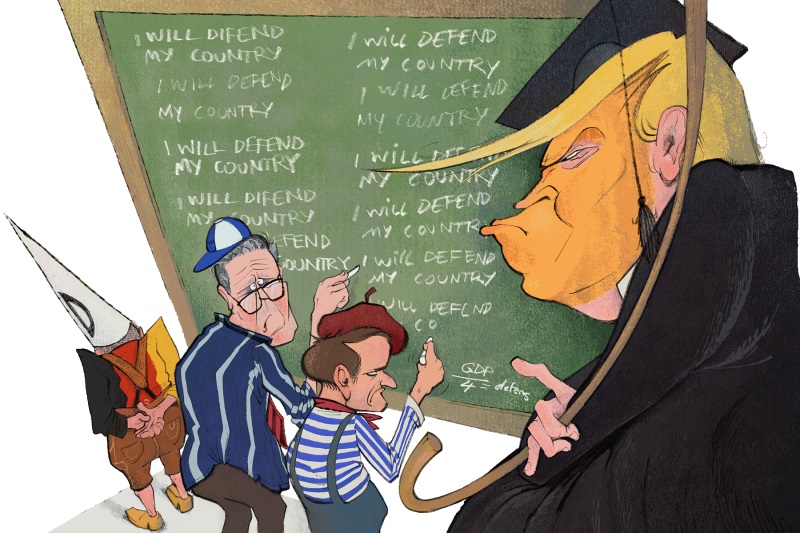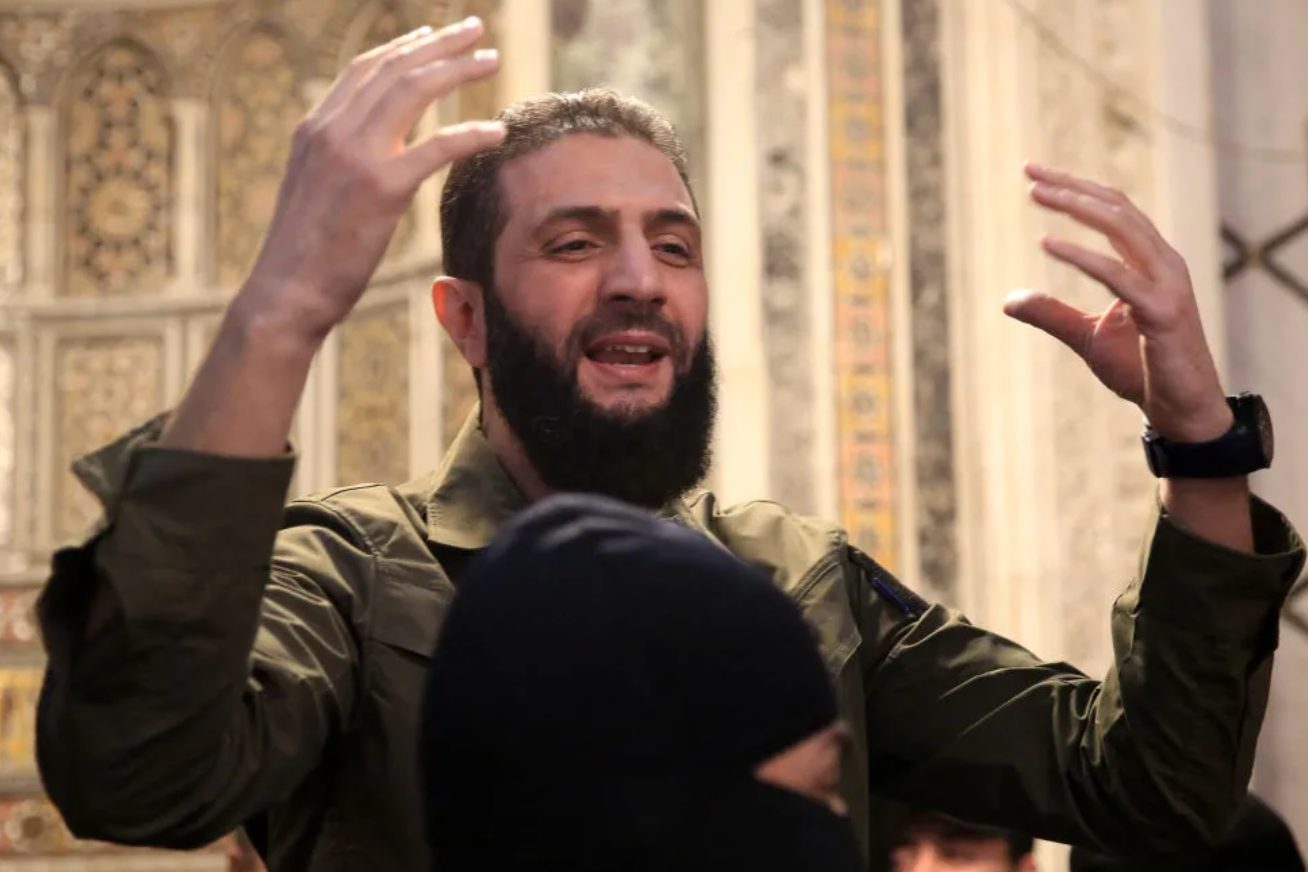James Jeffrey served in the British Army for nine years, from his commissioning as a second lieutenant shortly after 9/11 to leaving as a captain in 2010. He served in Iraq in 2004 as a tank commander with the Queen’s Royal Lancers, providing armored support to the 1st Battalion, The Princess of Wales’s Royal Regiment, followed by another tour in 2006. He deployed to Afghanistan in 2009 with the headquarters of the Welsh Guards Battle Group on Operation Herrick 10, during which the regiment’s commanding officer, Lt. Col. Rupert Thorneloe, was killed by a Taliban IED and became the first commanding officer killed in action since the 1982 Falklands War. Jeffrey now works as a writer and a journalist. Read his Veterans Day poems here.
A Challenger Two tank — the British Army’s main battle tank, more affectionately known as Chally — is the best protected tank in the world. Normally weighing 62 tonnes, in Iraq it came closer to 72 tonnes with extra Chobham armor fitted. But a Chally could still shift, especially over a nice, firm, smooth surface such as the Iraqi desert floor. Hence the enormous grin, my head poking above the commander’s cupola, as call-sign Delta-30 sped across the sand at the beginning of Operation Knightsbridge, 72 tonnes of pure machismo generating enough of the classic male experience to sate the appetite of the most enthusiastic of young cavalry officer on operations.
Behind Delta-30, my troop’s two other tanks and about 20 Warrior infantry vehicles kicked up curtains of sand against the light-blue sky like a wrathful god. The column was speeding toward the city of al-Amarah and its police headquarters, taken over by insurgents with the so-called Mahdi army, a Shia militia.
The tank’s radio crackled with the voice of the convoy’s commander, granting permission for vehicles to test fire weapon systems. The gunner slewed the turret over the side to point at right angles to the hull — arguably a tank’s sexiest pose — after which tracer rounds from the 7.62-mm coaxially mounted machine gun were belting out a few feet above the desert floor like huge iridescent fireflies, as Delta-30 continued its rapid advance toward the edges of al-Amarah shimmering in the heat haze.
The four-man crew buzzed with expectation. The fog-encased rain-swept tank ranges on the Welsh coast and live fire exercises on the freezing Canadian prairie during pre-deployment training belonged to another world. No wooden target cut-outs of Russian armored vehicles this time.
The convoy veered off the desert plain onto the one tarmac road approaching al-Amarah from the west, known as Purple Route on the military mapping. Nearing the edge of town, we closed our hatches.
At a major junction known as Red 11, Delta-30 and Delta-32 peeled off to go firm and secure the area, with Delta-31 taking the lead of the convoy continuing to the police station. The turrets of the two tanks traversed left and right eagerly as gunners and commanders took it in turns to scan the frontage. But as time went on, and nothing happened, the turrets became static, before guiltily jerking into movement, only for enthusiasm in the turret to again wane so that the barrel stayed put, and for even longer.
To make matters worse, Delta-30’s air-con system packed in. The closed-down turret broiled like the surface of the sun. Sweat streaming down my face, I leant my head back, my mouth slack. But from memory’s deep cave the voice of my gunnery course instructor arose to admonish me.
I let my face fall forward a few inches into my commander’s sight. In the magnified sight picture appeared a man dressed in dark clothing beside the corner of a building. He was also pointing an RPG launcher at Delta-30. Cue panic in the turret as I spluttered fire orders to the gunner.
His burst of coax appeared accurate though I couldn’t tell if the man was hit amid the small cloud of dirt and sand kicked up by cascading 7.62-mm rounds.
A second and third burst of coax lit by tracer arced into the dust cloud. My eyes bored into it as it dissipated to reveal the RPG man’s fate. An unoccupied corner of the building appeared in my sight.
Perhaps the man darted away just in time, or comrades dragged his fallen body around the corner as that question mark of debris hung in the air.
There wasn’t time to ponder his fate. Another RPG man appeared on the opposite side of the junction. The turret whirled over. The first burst of 7.62 mm went wide so the gunner had to correct his aim. As he toggled his thumb control, I glanced through the cupola periscopes to check the general area.
It was empty of civilians — not surprisingly — apart from one dilapidated-looking car slowly approaching from the left and about to cross the junction and go straight through our firing line.
‘Cease fire!’ I roared in vexation and bewilderment.
The turret went quiet. Amid fumes of cordite from the coax, we watched the car doing a sterling impression of a Sunday afternoon driver ambling along an English country road. Eventually the car began to cross the junction — slowly, majestically.
In my sight I could make out a white-bearded man in the driver’s seat looking rigidly ahead. The RPG man seemed similarly perturbed, as he didn’t fire either. The car passed through the sight cross hairs then continued to exit stage right.
‘Target go on!…Come on!’
A bright arc of coax was still in the air as the RPG man wrenched himself behind a wall. Before I could admonish the gunner, two gunmen, doubled over, were moving into firing positions behind large masonry blocks straddling the road.
It was hard to fathom what they hoped to achieve with two AK-47 rifles against a Chobham armor-encased tank. It wasn’t as if they could shoot out the tires. But they remained armed insurgents, so a barrage of coax piled into the masonry blocks.
Their hastily acquired defenses appeared sturdy enough, though the medley of bullets and chips of masonry flying off seemed to encourage them to reassess their mission or sense of duty. Neither they nor any other RPG men reappeared.
‘Any man’s death diminishes me, because I am involved in all Mankind,’ remarked the 17th-century poet John Donne. Perhaps so, but after being in a closed-down turret for hours it’s too hot to think straight, let alone parse the finer details. The training, my gunnery instructor would have been pleased to know, simply kicked in.
At the police station, all was well. As soon as news reached the insurgents there that an armored column was speeding their way, they did the sensible thing and left before it arrived.
Al-Amarah’s streets began to come back to life as locals resumed daily routines. In the turret we opened the hatches, gulping in fresh air.
As the sun began to lower, two tanks from 2nd Troop arrived to relieve us. Motoring out of al-Amarah, waves of exuberant contentment pulsed through me as intermeshing and eddying hues of darkening reds, yellows and purples filled the desert sky, and a warm breeze enveloped the turret.
‘If you want to have fun, join the cavalry,’ remarked American Civil War general Jeb Stuart, for whom a World War Two tank was named. I couldn’t have agreed more that sweet evening in Iraq, with the outline of al-Amarah receding behind and the beckoning desert ahead, dimming seductively either side of Delta-30’s barrel that struck out like a giant compass point, leading me, it seemed at the time, in the only direction that could ever matter.



